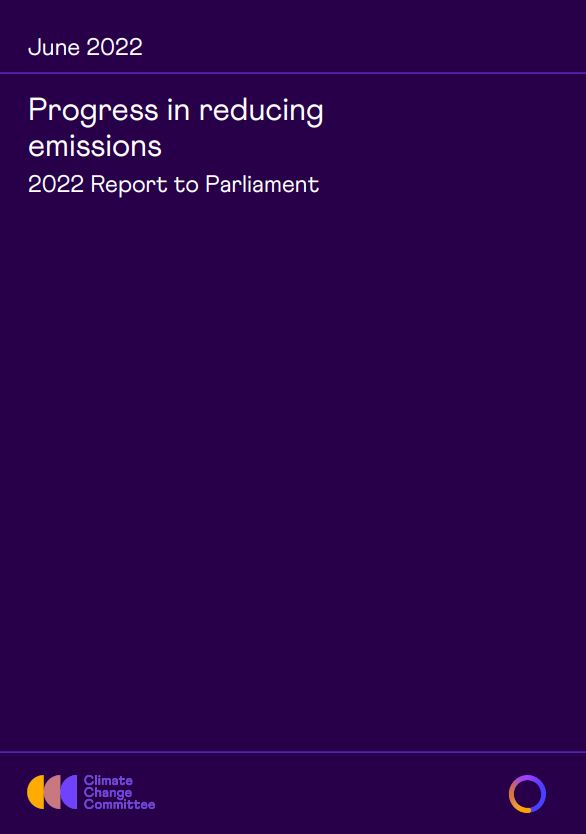Speak to Powersystems today
You can contact us as follows
The notion of national carbon budgets is related to, but different from the global carbon budgets calculated by scientists, which estimate the total level of emissions that is still permissible under an agreed climate objective, such as a rise of 2°C above pre-industrial levels.
Carbon budgets are set by Parliament on the advice of the independent Committee on Climate Change (CCC). They are set 12 years ahead of time to provide sufficient long-term guidance to investors.
So far, six carbon budgets have been set in law, covering the period from 2008 to 2037. The first three budgets (for 2008-23) were set in 2008 and the fourth (for 2023-27) in 2011. The fifth carbon budget was set in 2016. It limits UK greenhouse gas emissions from all sources, excluding international aviation and shipping, to 1,725 MtCO2 between 2028 and 2032. On the 13 July 2021, government set the sixth carbon budget at 965 MtCO2e, in line with the level advised by the Committee on Climate Change.
The carbon budgets concern overall emissions from all sectors. The relative contributions expected from different sectors is left to policy. After a carbon budget has been set, the Government is mandated under the Climate Change Act to define, as soon as practical, its strategy for meeting that budget.
Progress in reducing emissions 2022 report to Parliment
Every year, before the end of June, the CCC has to report to Parliament on their assessment of the Government’s performance in combatting climate change. Actions are measured, overall and department by department, against the national and international legal obligations to which Britain is committed. In 2021, the UK’s
presidency of COP26, drove world-class leadership backed not only in our 2050 Net Zero target but in signing up to a 68% cut in our emissions by 2030 and 78% by 2035, compared to 1990 levels. It is to the Government’s credit that the significant successes of the COP were possible only because of British commitments.
In targets, the UK is indeed a world leader. However, this Progress Report reveals that, despite important achievements in renewable energy and electric vehicles, the Government is failing in much of its implementation.
Sharply rising fuel costs should have given added impetus to improving energy efficiency, yet the necessary programmes are not in place. There is as yet no sign of the changes in the planning system necessary to reflect Britain’s legal obligations for climate mitigation.

The UK’s international leadership in commitments will only be effective if the world also knows that we will keep our word and that we have programmes in place that are clearly capable of delivering those commitments. Both issues must be put beyond question. For that reason the CCC will in future be concentrating even more centrally upon the delivery and implementation of the targets which are now enshrined in statute and international agreements.
The Government has set the right course. It has now to deliver on the scale and urgency that is required.
You can contact us as follows